Tag: psychology
In the digital age of text-centric communication, we must keep searching for increasingly subtle clues about how other people are feeling. Anyone who lives or works with another person will have noted that the sound of someone’s typing seems to fluctuate with their mood, particularly if that mood is “REALLY FUKiNG PISSED OFF SACYSBGOUYASGASJXCASD.” Now, a recent study has proven […]
Recent studies have shown that everyone’s favorite drug caffeine can be even more effective. By taking a nap immediately after drinking coffee, you can actually allow the caffeine more neurological room to wake you up. Caffeine works by replacing a neurotransmitter called adenosine, which accumulates over the course of a normal day as a byproduct of brain […]
Those deformed figures you drew as a small child may have slightly predicted your future intelligence, according to a new study from King’s College. For the experiment, researchers instructed 7,752 pairs of identical and fraternal twins to draw a child. They rated the drawings from 0 to 12. Drawings with more features like limbs and facial characteristics received a […]
Internet creepers, take note: a new study from Cyberpsychology suggests that stalking acquaintances online before meeting them IRL won’t lead to a better interaction. Researcher Sharon Rauch at Arizona’s Benedictine University tested the “arousal” of subjects in four different conditions. Medical Daily described the set up: The first group simply saw a person’s Facebook page, and the second […]
Neuroscientists are hard at work figuring out how our brains interpret emoticons, which have become somewhat integral to modern communication. In past experiments like those conducted at Tokyo Denki University, scientists determined that the right inferior frontal gyrus (the part of our brain which processes emotions) is activated by a smiley or frowny face. However, emoticons would do […]
A new study published in Proceedings of the National Academy of Sciences shows that a conditioned fear-triggering response to a particular stimuli can be transmitted from a rodent mother to her offspring. The experiment gave adult female rodents mild electric shocks while exposed to the scent of peppermint. The rodents became conditioned to exhibit a fear response […]
There is mounting evidence that people with conservative politics are likely to have a “negativity bias,” a new cluster of studies from Behavioral And Brain Sciences reports. According to Mother Jones, the journal concluded that “liberals and conservatives disagree about politics in part because they are different people at the level of personality, psychology, and even traits like physiology and genetics.” […]
Researchers from Harvard and the University of Virginia recently published a series of studies proving a simple truth — people are really, really easily bored. So bored, in fact, that most people would rather give themselves a painful electrical shock than do nothing for fifteen minutes, Arstechnica reported. Volunteers were placed in an empty room […]
Last week, the New Scientist published an “emotional contagion study” conducted by researchers employed by Facebook, which proved that people can be influenced by the emotions of others online, just like “in real life.” The study’s unsettling methodology caught our attention: The experiment’s subjects were nearly 700,000 regular Facebook users whose feeds were manipulated to contain more […]
UPDATE: Unethical Facebook Emotional Contagion Study Not Funded By The Army, Happens All The Time. Psychologists have known for a long time that emotions are contagious. If you hang out with someone who’s feeling shitty, you might end up feeling shitty too. Pretty basic. But now researchers have found that the emotions you see people express […]



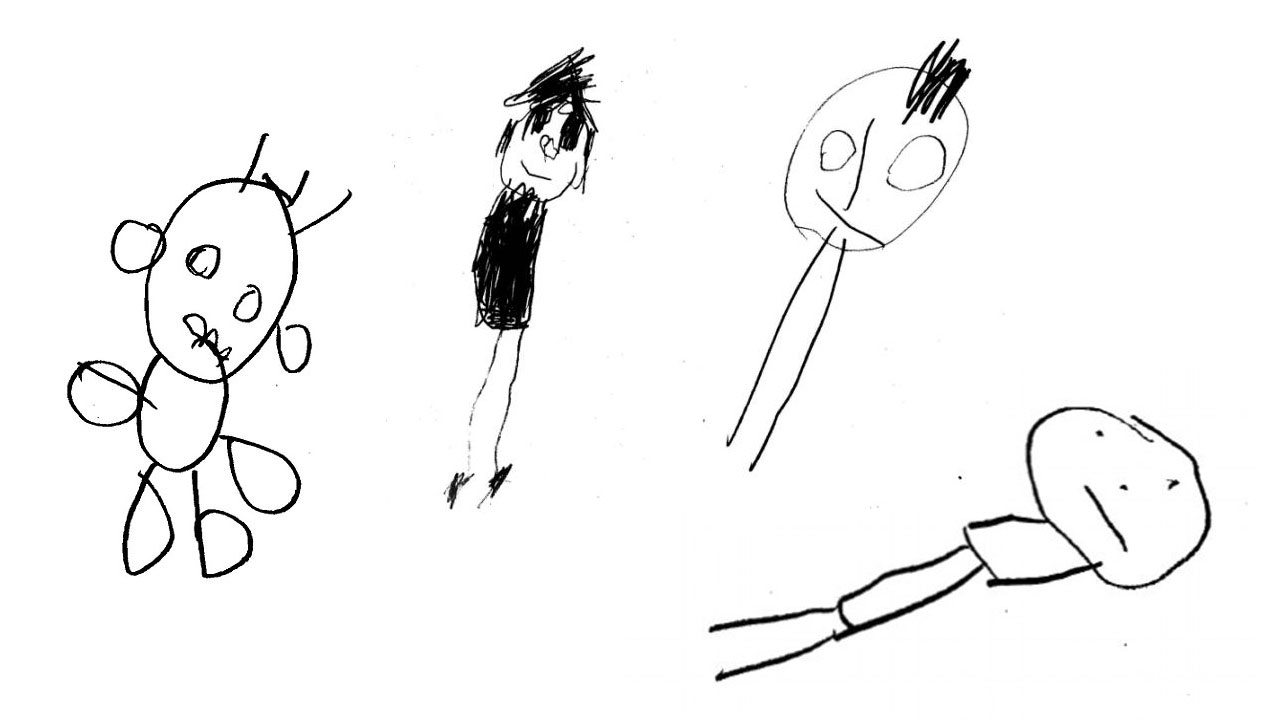

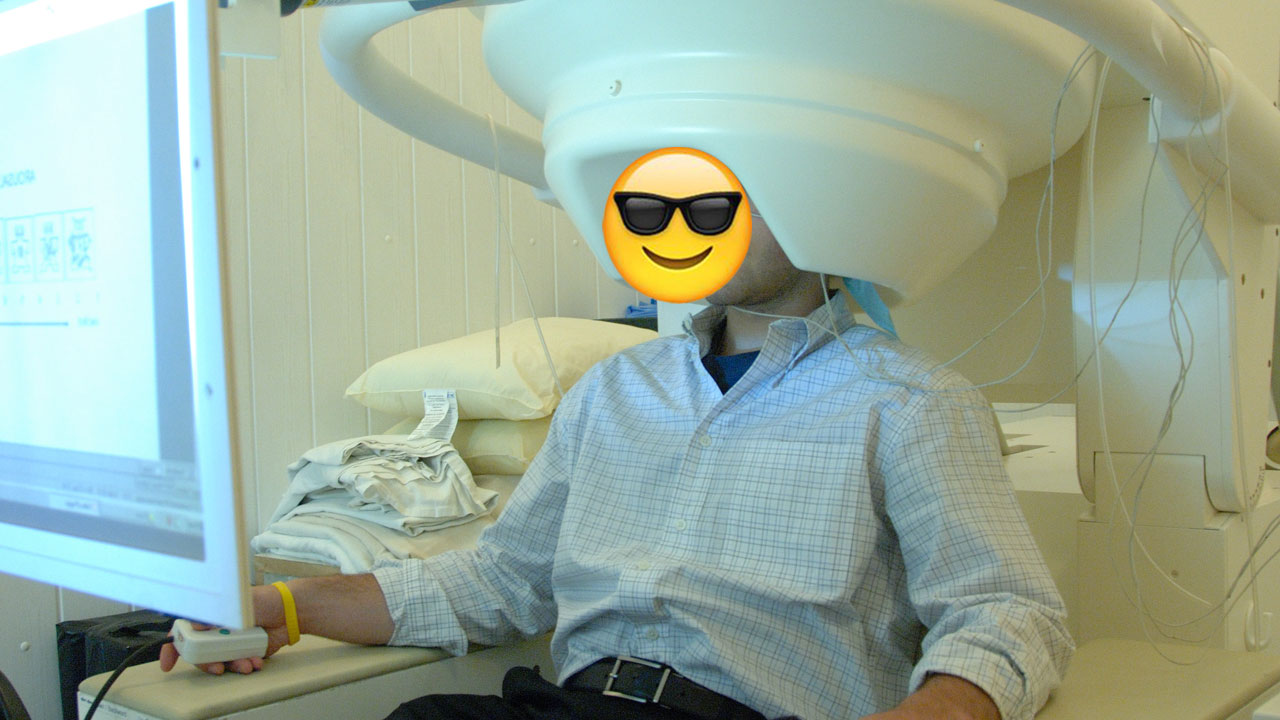
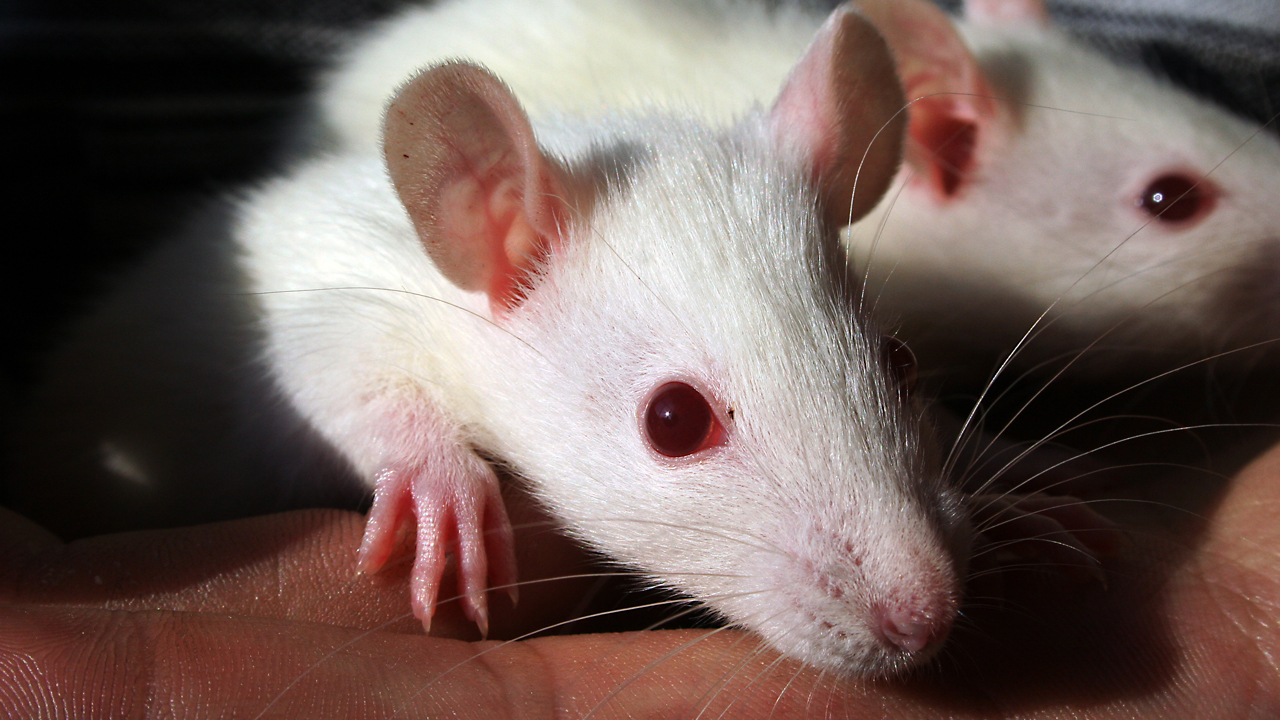
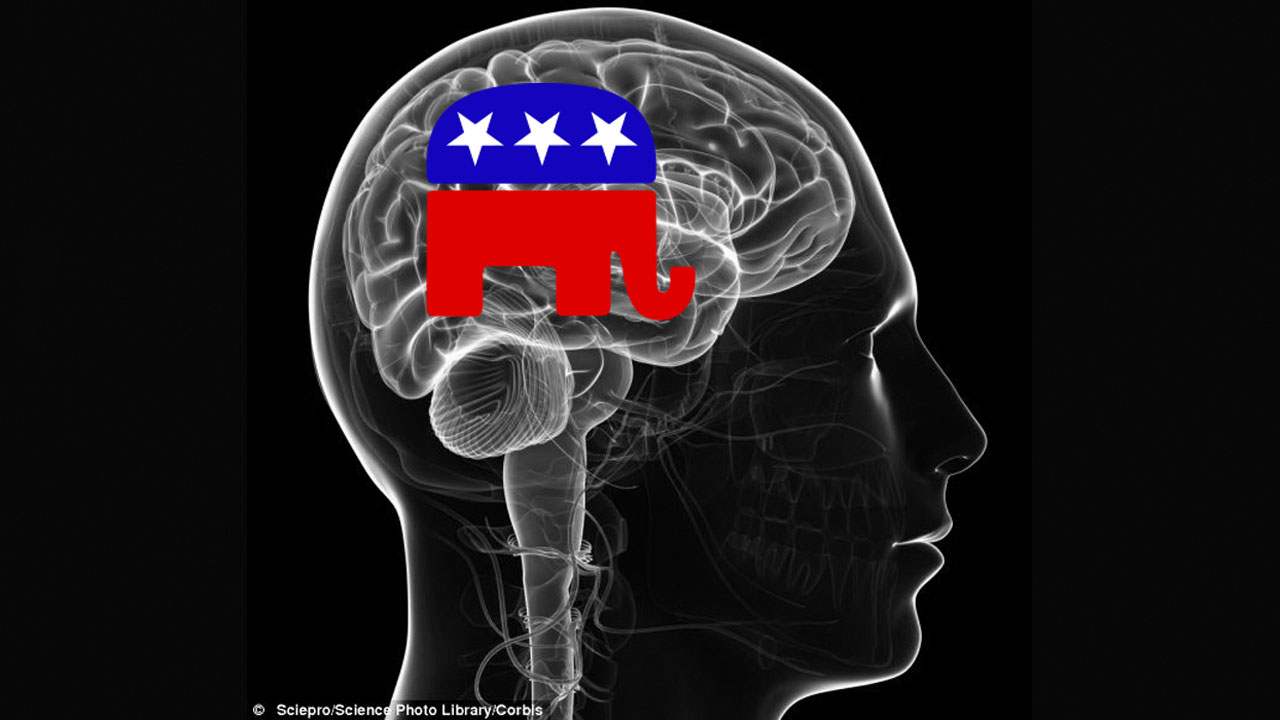
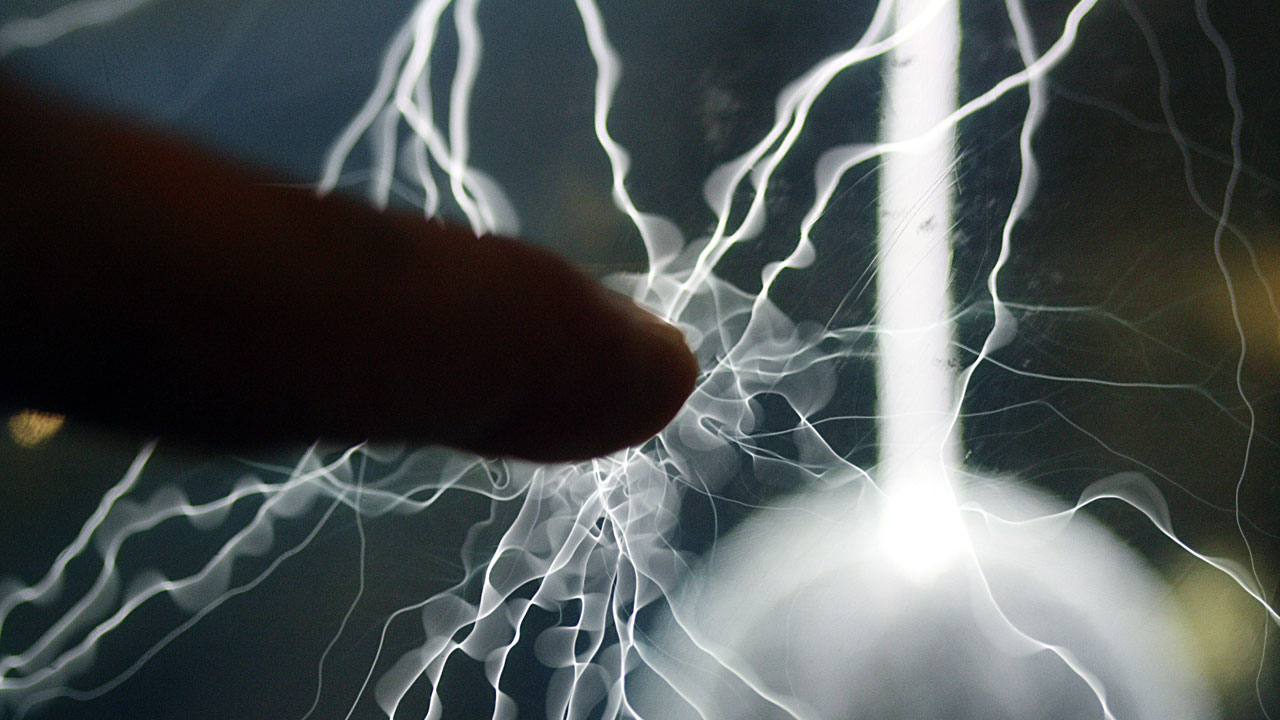
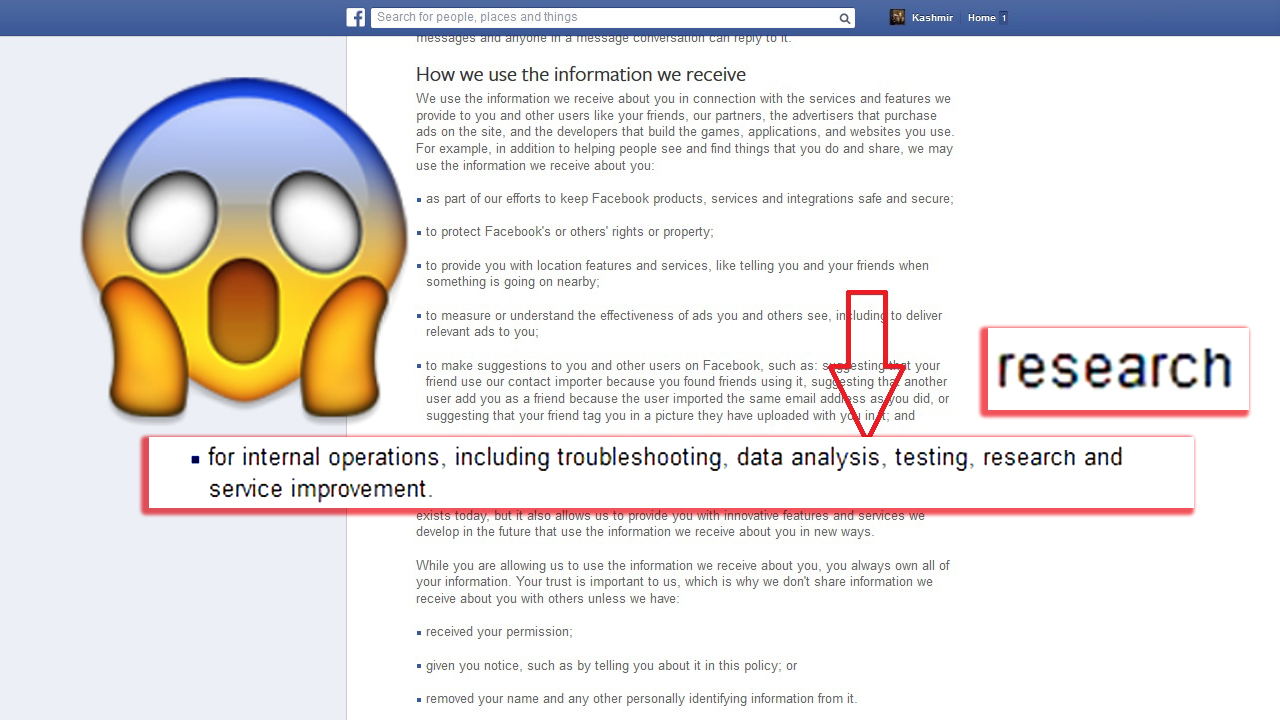


 @mikeraz_
@mikeraz_
 Warning: If you’re a foreign tourist plan
Warning: If you’re a foreign tourist plan : @danwitzstreetart
: @danwitzstreetart
 #freights
#freights

 (Protest with @citizenactio
(Protest with @citizenactio
